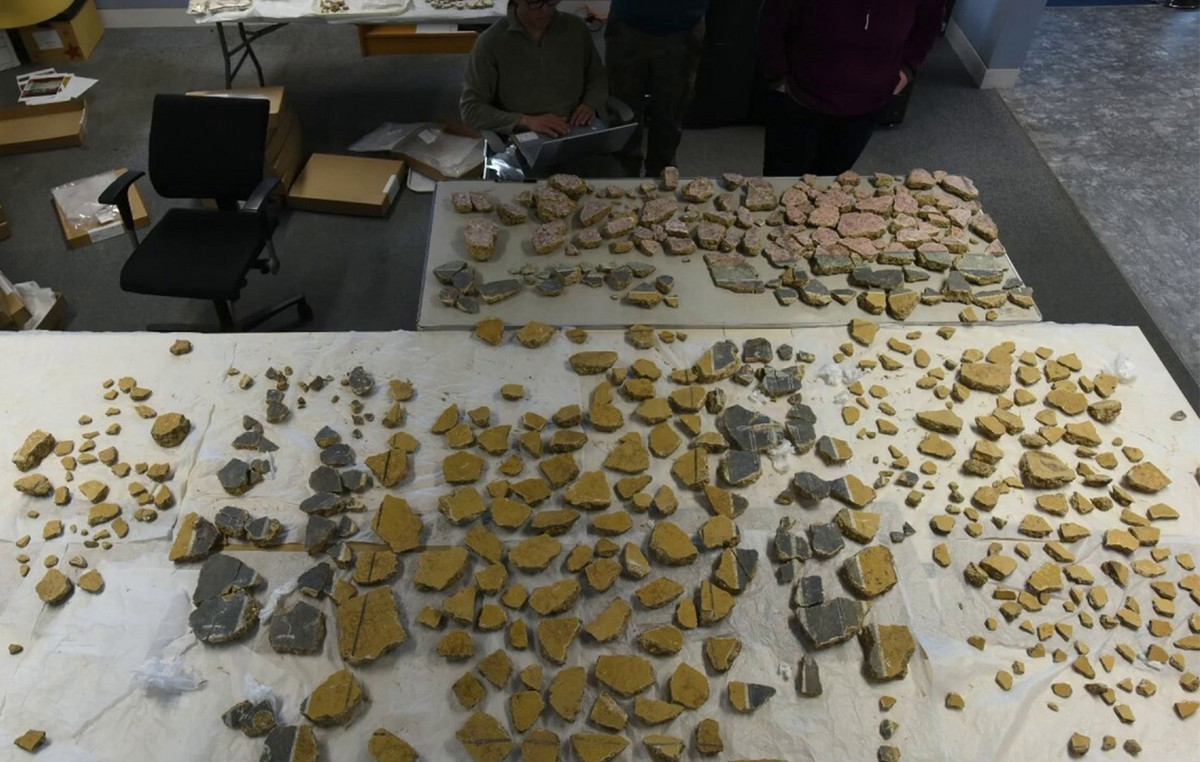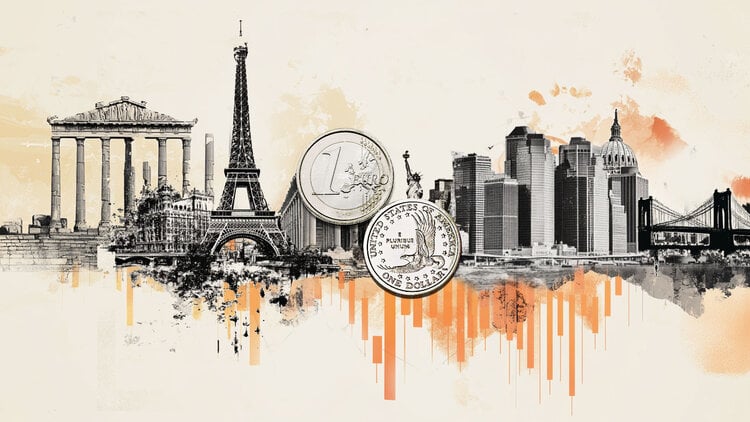Two years of a pandemic marked by the opening and closing of stores to contain the spread of the virus not only accelerated the digitalization of retail, but also led a growing number of business entrepreneurs to bet on a new model of physical store.
More compact, cheaper and, above all, flexible, the modular points of sale, inspired by the container used in maritime transport, became a fever in retail.
Modular stores gain space in gas stations, parking lots, condominiums, squares and boulevards, for example. They escape the heavy rent of high street stores and malls, as well as condo fees.
The first in the format is Chilli Beans, with sunglasses. “I don’t think I would have an Eco Chilli if there was no pandemic,” says the retailer’s CEO and founder, Caito Maia.
After what he considers to have been a “shake” caused by Covid-19, he says that entrepreneurs had to create other sales channels, in addition to online. “I don’t know what might happen in the future and I need access to the consumer”, he says.
sustainable attachment
Today, the chain has five modular stores, measuring 15 square meters, made with recycled plastic and using solar energy. These units are being tested in several locations: inside a gas station in the West Zone of São Paulo, in Boituva (SP), in Porto Alegre and in two cities in Minas Gerais, Itajubá and Piumhi.
If they pass the test, the goal is to open another 70 stores in this format by the end of the year.
The target is municipalities with 40,000 to 50,000 inhabitants, where there are no malls and the investment in a traditional street store is not paid for with sales volume. “There are 600 municipalities in Brazil with this profile, it is a gigantic market”, says Maia.
In three years, the retailer’s plan is to open 400 Eco Chilli, which should consume R$ 52 million of investment from franchisees. The figure applied in a store of this type is R$ 130 thousand, half of what would be spent in a traditional brick and cement store.
In four years, when they are fully operational, they should account for 20% of sales. The retailer plans to close the year with a total of 1,000 franchised stores and revenues of R$ 1 billion.
The optics debut in the segment long after the Madero restaurant, one of the pioneers, the Hirota supermarket, Carrefour and the chocolate shop Cacau Show, for example.
Five months after the start of the pandemic, in July 2020, Hirota opened the first two automated stores, inside an adapted container in residential condominiums. Today, there are 83 in Greater São Paulo, ABC Paulista and Guarulhos (SP).
The prospect is to reach 100 by the end of this year. “It is the store model that grows the most and in which the company bets the most”, says Hélio Freddi, director of the chain.
The project was born as a container store, but migrated to rooms available in condominiums, largely due to the architecture of the place. Today, of the 83 stores, eight are in containers. Freddi says that this point of sale has fallen into consumer taste. “First we had the pandemic, and now it’s the financial squeeze: people are not making purchases of the month, but small purchases.”
Carrefour, the largest food and beverage retailer in the country, opened the first two autonomous stores in container in December 2020. There are already 18 in operation, of which three are in containers. The plan for this year is to accelerate the opening of stores in this format in residential condominiums.
According to Daniel Roque, director of Channels and Expansion at Cacau Show, half of the 220 stores opened this year and a third of the 280 in the implementation phase are in containers. The chocolate shop adopted this format in January. Today, there are 302 stores in containers, out of a total of 3 thousand points of sale.
digital inspiration
Outside of traditional shopping addresses, modular stores are a legacy of the pandemic not only for “going” to places frequented by consumers in their daily lives, but also for portraying the agility that retail gained with the forced digital transformation.
“Retail has become more agile, and the store inside the container is a model that has to do with this agility”, says Eduardo Terra, president of the Sociedade Brasileira de Varejo e Consumo (SBVC).
In digital retail, if the business is not doing well, it quickly changes. In the traditional physical store, this change is more costly and laborious: it involves large investments, lease contracts for long periods, for example.
If something goes wrong in the modular store, as the market is not as promising as imagined, just quickly change places and put it in another square. Investment in physical structure is not compromised. “The flexibility of the container store to test, switch, close, grow is typical of the digital world,” he says.
Terra notes that the trend has accelerated in the last two years also by another factor: the exponential increase in the cost of construction. “Building a traditional store is scaring a lot of people; in some sectors, the cost has doubled, and retailers are always looking for alternatives.”
Source: CNN Brasil
I’m Susan Karen, a professional writer and editor at World Stock Market. I specialize in Entertainment news, writing stories that keep readers informed on all the latest developments in the industry. With over five years of experience in creating engaging content and copywriting for various media outlets, I have grown to become an invaluable asset to any team.







